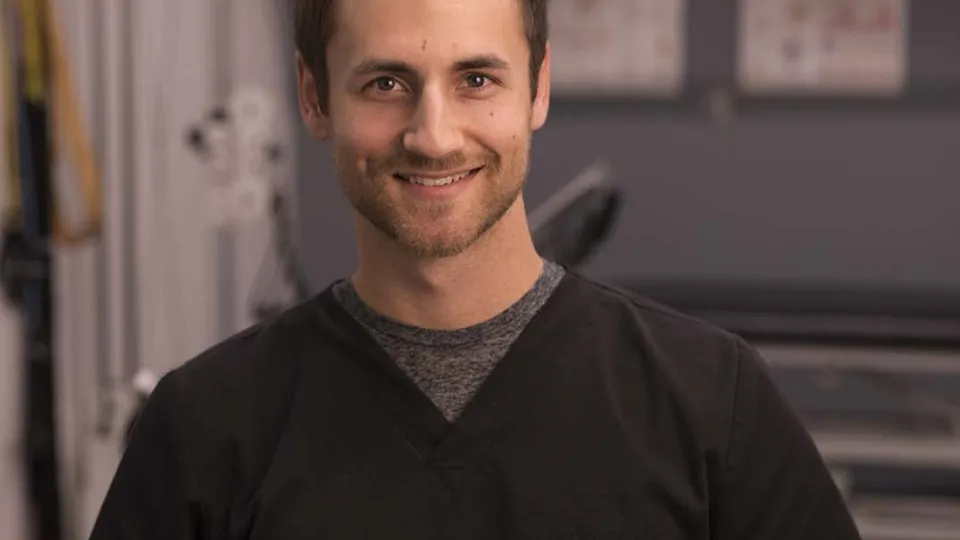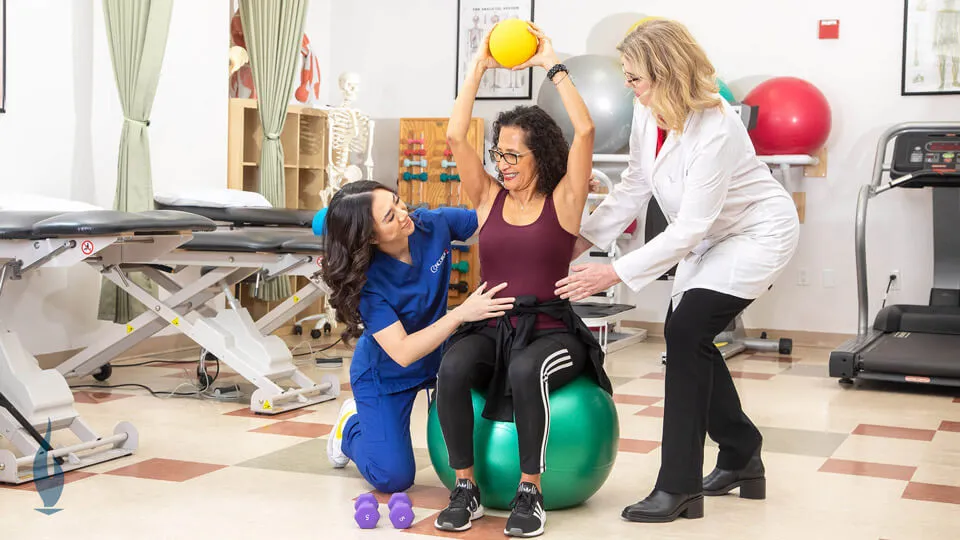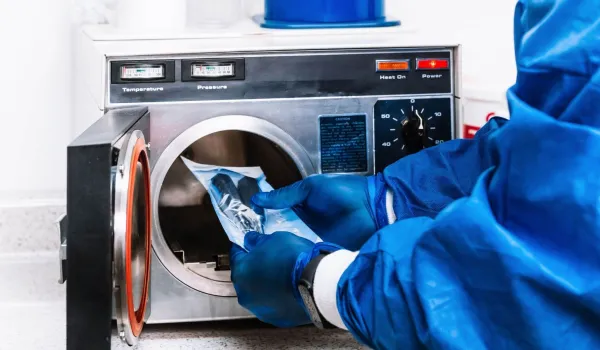
Today is World Multiple Sclerosis Day. We thought we would commemorate that day by describing the role the Physical Therapist Assistant has in treating patients afflicted with multiple sclerosis (MS). It's the kind of work that our students in the Physical Therapist Assistant schools at 10 of our 16 Concorde campuses train for each and every day. It's the kind of fulfilling work you only get through improving the quality of life of patients under your care.
To find out more about how the Physical Therapist Assistant helps MS patients, we sought the tutelage of Veronica Nieto, Director of Concorde's Physical Therapist Assistant Program in Miramar, FL.
How the Physical Therapist Assistant works with MS patients
Multiple sclerosis is an autoimmune disorder characterized by inflammation and demyelination of the central nervous system. Sclerotic plaques from around the neurons of the brain and spinal cord resulting in decreased neural transmissions to send signals throughout the body.
The Physical Therapist Assistant commonly works with patients diagnosed with MS to restore physical function due to impairments such as muscle weakness, numbness, minor visual disturbances, and extreme fatigue. Additionally, about 80 percent of patients with MS experience pain that might affect the function and cause decreased desire to perform physical activity. Because MS involves upper motor neurons, specific functions such as spasticity, abnormal flexor, and extensor synergistic patterns and loss of autonomic control will also occur, requiring the involvement of the Physical Therapist Assistant.
Certain problems must be conquered before initiating an active movement to ensure the most positive and ideal outcomes for the MS patient during exercise. The Physical Therapist Assistant will decrease pain before exercise by putting the patient through slow static stretching and rhythmic rotation techniques. They might also utilize heat, massage, ultrasound or education to help the patient maintain function. Stress management and relaxation training also can be used to decrease pain and anxiety.
Other ways the Physical Therapist Assistant helps
The Physical Therapist Assistant provides instruction in exercise for MS patients for strengthening and increased aerobic endurance due to weakness from the disease. It is important to note that exercise is discouraged during periods of acute illness. But once remission is evident, PTAs can assist with resistive training that includes weights, bands or machines while incorporating patterns of movement found to be more functional.
The MS patient also will focus on functional and transitional activities that require coordination and balance. Exercises such as isometrics and rhythmic stabilization often are used to increase the patient's stability, equilibrium and balance. The Physical Therapist Assistant also can guide an MS patient in the proper use of an assistive device, such as crutches or a walker.
Based on the numerous impairments affecting physical movement that is caused by MS, physical therapy is required to decrease activity limitations and decrease participation restrictions for the patient. The Physical Therapist Assistant, who is involved in the intervention process of patient/client management, is an important part of recovery for MS patients.
Interested In How To Become a Physical Therapist Assistant?
Click here to explore Physical Therapist Assistant Programs near you!
Take The Next Step Towards a Brighter Future
Interested in learning more about our Physical Therapist Assistant program?
We have a Concorde representative ready to talk about what matters most to you. Get answers about start dates, curriculum, financial aid, scholarships and more!







